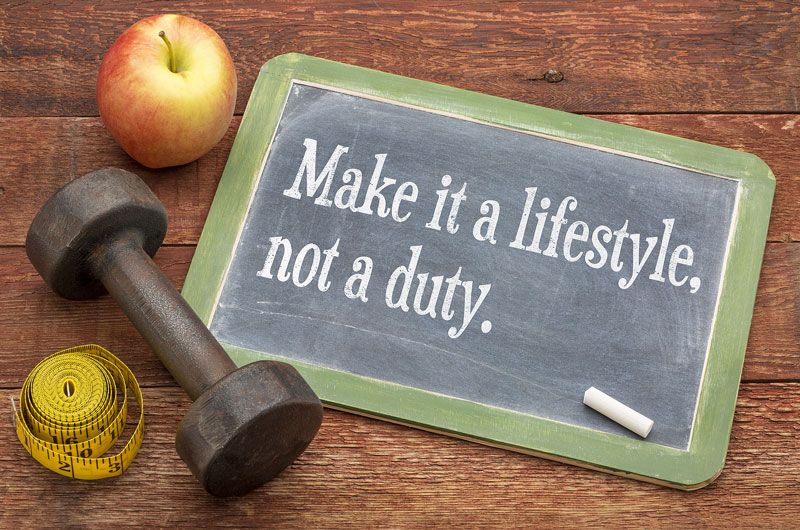
By Laura SHAMMAH MS, RDN
The Jewish holidays is a hopefully a time of excitement, happiness and togetherness. But for many it is a time of anxiety, anxiousness, fear and worry, especially for those who struggle with their body image or relationship with food. For some the thought of what to eat and what not to eat is just too overwhelming. The holidays can be full of triggering comments, diet culture talk, and food-centered days.
Here are some tips for staying grounded and making decisions that honor your body with a feeling of food freedom.
Don’t skip meals to “save up”
for the holiday meal
DO eat during the day! Just because there’s a big meal that night doesn’t mean you should save up your calories. This is both unhealthy and could cause you to overeat. Eat breakfast, lunch and a snack that are rich in protein and complex carbs. When you see all your favorite foods over the holiday, you will be more satiated and calm and be able to enjoy without indulging. Too much restriction can lead to adverse effects.
Focus on your own plate.
Comparison is the thief of joy!
No matter what Aunt Sara, grandma, your siblings, mom or whoever are eating — remember that your body is your body. What someone else chooses to eat has no bearing on what you choose to eat. Your preferences, tastes, energy needs and cravings are uniquely yours. Looking at what others are eating to validate or guide your own choices should be avoided. focus on what foods bring YOU joy. Eat the things that you love, not the things that you think you “should” put on your plate.
Avoid body checking behaviors
This could be stepping on the scale, checking body parts in the mirror or putting on certain clothes. It could also be seeking approval or compliments from other people. The more you self-objectify, the worse your body image becomes. Body checking also negatively impacts your self-worth and self-esteem. It can also mess with your food choices and your mood. Stay grounded in how you feel, not how you look.

Stick to neutral language about food
Naming foods “good” or “bad” will only moralize some foods while demonizing others. Creating this all or nothing, black and white thinking-hierarchy of foods is what drives restriction and bingeing. Try to keep all foods neutral.
Identify when your inner critic shows up to the party.
If you have a negative head that talks to you, slowly you can learn to override it with positive thoughts. Don’t get thrown off-course just because that voice shows up. Just decide what you will do with it. This is social conditioning, after all, and it’s a product of all of your life experiences, family culture, friends, media, and much more. So instead of getting overwhelmed by the negative thoughts and giving into them, be ready for them. When they show up, identify them and remind yourself that you can do hard things. The presence of your inner critic does not mean that you have to disrespect your body. You can hear the voice and still choose to take care of yourself while eating the foods you love. In the end the more you override those inner critic voices, the quieter they’ll become.
Wear comfortable clothing
Getting dressed and putting yourself together in a way that is comfortable but makes you feel attractive is an important self-care tool that helps override many uncomfortable feelings.
Set boundaries about diet talk and or have an exit strategy for diet culture conversations
Keep Conversations Light! In most families, talking about food, body size, and exercise is common conversation at the table. Keep in mind that even if the conversation isn’t about your loved one’s body or eating habits – they will be applying any perspective to themselves. Keep conversation at the table or gathering positive and light! This will help your loved ones create a positive association with food and family time. If some topic is uncomfortable, nonchalantly change the subject or gently tell your family that you are working on your body and your relationship with food, and hearing negative body talk or diet comments is really unhelpful and unhealthy for you.
Remember that you are allowed to eat all foods any day of the year
This is a big one. While holiday meals are certainly special, I hope you can remember that these foods are available to you all year round. You can make your favorite kibbeh and mashed potatoes whenever you want. You can eat dessert any night. What’s the point? The point is that there is a ton of hype around these meals, when in fact, food is always just food. When you give yourself unconditional permission to eat what you want all the time, these occasions become less emotionally charged.

Be present and savor the special moments, delicious food, and memories
When you’re too wrapped up in food and body image, you can miss out on so much. So even if it gets hard, come back to the present moment. Come back to what is happening around you. Come back to making memories, seeing loved ones and the spiritual holiday. Don’t let life pass you by while the diet culture steals precious time from you.
If guilt or shame creep in around food or you feel like you need to compensate your food consumption with an extra workout, here are some Holiday Food Freedom affirmations you can use:
1. Food is not my enemy. I thank it for nourishing me and giving me energy.
2. Holiday foods are not indicative of my overall health.
3. Guilt and negative feelings I have about my body do not serve me.
4. I give myself unconditional permission to eat.
5. I honor and trust my body and its needs by eating foods that are pleasurable, satisfying and nourishing to me and I give myself permission to enjoy all foods that make me feel good.
6. There are no good or bad foods, every food has a purpose and will fuel me either mentally or physically.
7. Movement is an act of self-care & self-love, not punishment.
8. I honor my body.
9. I am grateful for my body & all that it does for me.
10. I will show my body that it can trust me by not restricting food.
11. The foods I choose to eat do not impact my self-worth.
12. I deserve to nourish my body.
Learning to embrace food freedom and letting go of food rules is a journey and won’t happen overnight. Be sure to show yourself some patience as you navigate through. If you or a loved one is struggling with emotional eating, consult a registered dietitian that specializes in eating disorders or your medical provider for additional support if needed.
Wishing you all a happy and healthy new year.



